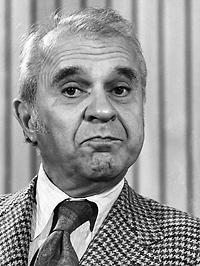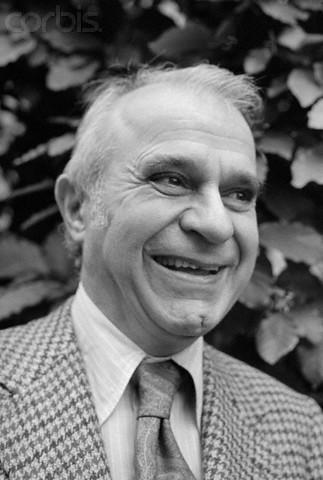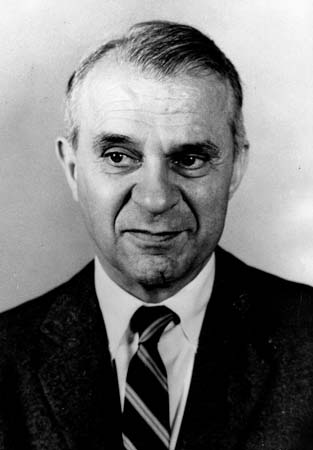Wassily Leontief (Wassily Wassilyevich Leontief)

Wassily Leontief is credited with developing early contributions to input-output analysis and earned the Nobel Prize in Economics for his development of its associated theory. He has also made contributions in other areas of economics, such as international trade where he documented the Leontief paradox. He was also one of the first to establish the composite commodity theorem. Wassily Leontief earned the Nobel Prize in economics for his work on input-output tables. Input-output tables analyze the process by which inputs from one industry produce outputs for consumption or for inputs for another industry. With the input-output table, one can estimate the change in demand for inputs resulting from a change in production of the final good. The analysis assumes that input proportions are fixed; thus the use of input-output analysis is limited to rough approximations rather than prediction. Input-output was novel and inspired large-scale empirical work; in 2010 its iterative method was recognized as an early intellectual precursor to Google’s PageRank. Leontief used input-output analysis to study the characteristics of trade flow between the U.S. and other countries, and found what has been named Leontief’s paradox; “this country resorts to foreign trade in order to economize its capital and dispose of its surplus labor, rather than vice versa”, i.e., U.S. exports were relatively labor-intensive when compared to U.S. imports. This is the opposite of what one would expect, considering the fact that the U.S.’s comparative advantage was in capital-intensive goods. According to some economists, this paradox has since been explained as due to the fact that when a country produces “more than two goods, the abundance of capital relative to labor does not imply that the capital intensity of its exports should exceed that of imports.” Wassily Leontief was also a very strong proponent of the use of quantitative data in the study of economics. Throughout his life Leontief campaigned against “theoretical assumptions and non-observed facts”. According to Leontief, too many economists were reluctant to “get their hands dirty” by working with raw empirical facts. To that end, Wassily Leontief did much to make quantitative data more accessible, and more indispensable, to the study of economics. Wassily Leontief died in New York City on Friday, February 5, 1999 at the age of 93. His wife died in 2005.
Born
- August, 05, 1905
- Munich, Germany
Died
- February, 05, 1999
- USA
- New York, New York



